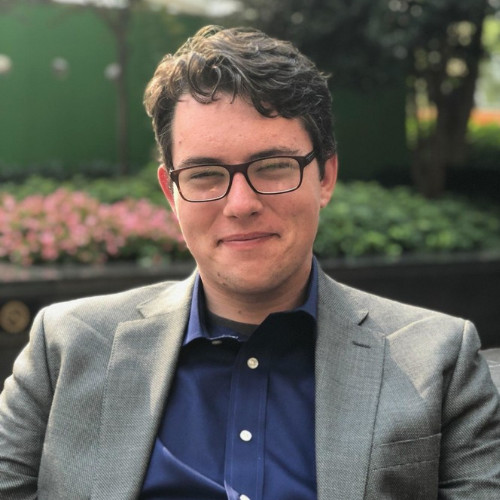About

Since building my first PC at 14, I’ve always had a love for computers and technology. That only grew as I entered adulthood, intitally enrolling in university as a computer science major although it didn’t stick for long. I transitioned into the humanities, first as an English major and then transitioning to Journalism. I added Political Science as a second major after taking a political theory course and being amazed at how much there was to learn. That’s also where I got my first taste of data analysis. Through a research methods course I was tasked with learning R to apply basic regression models on public health data. From there, I was hooked.
I spent my first few years out of college working fulltime as a journalist. Moving quickly up the ranks into management at my station in El Paso, TX. After intense personal debate, I decided it was time to leave the news business for a variety of reasons. Ethical concerns plagued me day-in and day-out, the always-on nature of the 24/7 news cycle proved to take-up too much of my time from my family. It’s hard to sit-down and eat dinner with my fiance when the DA’s office is calling about a press-conference in an hour.
In my search for a transition, I found data analysis (something I’ve always been intensely interested in). From the outset I found that analyzing data and being a journalist weren’t so different. Data analysts gather data through multiple sources such as public databases, or performing analysis on user behaviour. Similarly, journalists gather data through expert interviews and public records. Data analysts turn data that is often incomplete into something understandable that paints a picture for stakeholders. Journalists simplify complex issues into concise reports that are easily digestable for audiences. At the end of the day, both careers are about telling stories about what’s happening in the world. That is what I’m setting out to do.